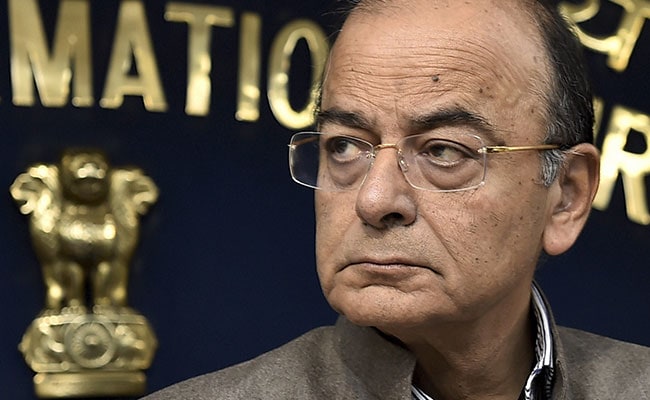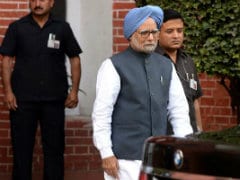Finance Minister Arun Jaitley has allayed the concerns over FDRI Bill, saying that the government will fully protect public deposits in financial institutions. The FRDI Bill proposes to create a framework for overseeing financial institutions such as banks, insurance companies, non-banking financial services (NBFC) companies and stock exchanges in case of insolvency. The FDRI Bill 2017, first introduced in the Lok Sabha in August this year, is currently undergoing scrutiny by a joint parliamentary committee. The 'Resolution Corporation', as proposed in the draft bill, would look after the process and prevent the banks from going bankrupt.
The finance minister said the government's plan of a massive Rs. 2.11 lakh crore capital infusion in banks was to strengthen banks and there was no question of any lender failing. If any such situation arises, the government will "fully protect" the deposits made by customers, the finance minister said, adding that "the government is very clear about it".
Mr Jaitley said rumours are being spread about the provisions of the bill. "The government has already clarified and said it is committed to strengthen PSU banks and financial institutions. About Rs. 2.11 lakh crore is being pumped in to strengthen the public sector banks."
At present, all deposits up to Rs. 1 lakh are protected under the Deposit Insurance and Credit Guarantee Corporation Act.
Last week, the finance ministry said that the FRDI Bill is depositor-friendly and provides more protection to them compared to existing provisions. The statement comes in the wake of "certain misgivings" that appeared in some reports about 'bail-in' provisions of the FDRI Bill. The provisions in the FRDI Bill do not modify current protections for depositors adversely at all, the ministry held, maintaining that these rather provide additional protections in a more transparent manner.
"The FRDI Bill is far more depositor friendly than many other jurisdictions, which provide for statutory bail-in, where consent of creditors or depositors is not required for bail-in," it added.
"The FRDI Bill does not propose in any way to limit the scope of powers for the government to extend financing and resolution support to banks, including public sector banks. The government's implicit guarantee for public sector banks remains unaffected," it said.
The government further said that Indian banks have adequate capital and are also under prudent regulation and supervision to ensure safety and soundness as well as systemic stability. The existing laws ensure integrity, security and safety of the banking system.













